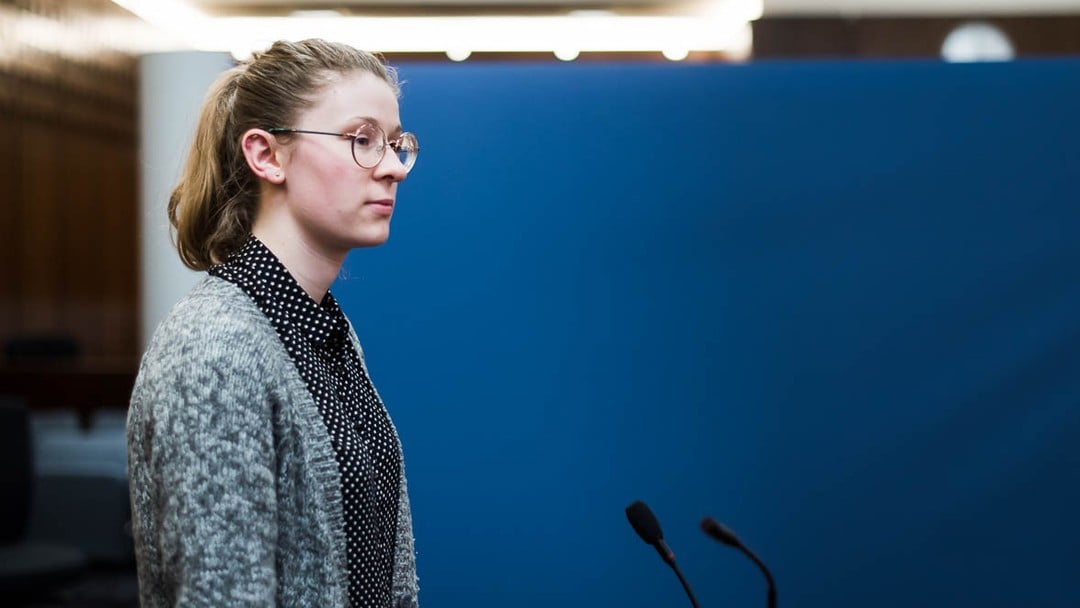Improving support for vulnerable witnesses in family and criminal courts

By Law News
Reports highlight technology and training gaps in supporting vulnerable witnesses in family and criminal courts
As the number of people representing themselves in family courts increases, the Law Society of England and Wales and Support Through Court have exposed the severe difficulties faced by these litigants. From 2016 to 2023, there was an 81% increase in backlogs and a 96% rise in unrepresented cases. Particularly affected areas include Essex and Suffolk (195% increase in backlogs, 243% in unrepresented parties) and Medway and Canterbury (236% increase in backlogs, 290% in unrepresented parties).
In public family law cases, which involve placing children into local authority care, representation is crucial. However, more than a quarter of parties in some areas remain unrepresented. For instance, Medway and Canterbury have 30% of parties unrepresented, Portsmouth 28%, North Wales 27%, Devon 26.5%, and South East Wales 25%.
The Law Society's president, Nick Emmerson, noted that the family courts are plagued with delays, leaving families and children in uncertainty. He pointed out that some initiatives, like an early legal advice pilot and an online guidance tool, show promise, but broader reforms are essential to make the family justice system functional.
Lizzy Parkes from Support Through Court described the overwhelming nature of self-representation, especially in cases involving domestic abuse. Many eligible for legal aid cannot find providers with capacity, exacerbating stress and mental health issues among litigants. Without regular internet access, managing cases becomes even more challenging.
Liz Fisher-Frank of Essex Law Clinic highlighted that university law clinics, overwhelmed by the demand, provide vital support for these litigants. The absence of legal aid forces many to navigate the daunting court process alone, especially in cases involving children, causing significant strain on family relationships and children's stability.
The Law Society calls for the next government to increase civil legal aid fees, update eligibility criteria, and improve data collection on the family justice system to ensure more people can access legal advice and achieve justice.
Criminal Courts: Gaps in Technology and Training
A report by Nottingham Trent University (NTU) and the University of Nottingham, funded by the Nuffield Foundation, identified poor technology and insufficient training as major barriers to less distressing cross-examinations for vulnerable witnesses in criminal trials. The study involved observations of 40 jury trials, interviews with legal professionals, and linguistic analyses of court transcripts.
Researchers found a willingness among practitioners to improve the cross-examination experience for vulnerable witnesses while ensuring fair trials. However, poor technology often caused trial delays due to low-quality witness recordings and failed pre-recorded cross-examinations.
The report calls for standardised recording quality and better environments for witness testimony across all jurisdictions. It also recommends simplifying eligibility requirements for special measures so that all vulnerable witnesses receive the support they need.
To better prepare witnesses, the report advocates consistent use of familiarisation measures, advice on giving evidence, and opportunities to practice speaking over a live link. Additionally, it suggests recording all of a vulnerable witness's evidence in one pre-trial hearing.
Training improvements are essential, including incorporating vulnerable witness training into the judicial syllabus and considering mandatory advocate training. Professor Jonathan Doak of Nottingham Law School emphasised the need for consistent best practices in cross-examining vulnerable witnesses, while Professor John Jackson of the University of Nottingham stressed the importance of collaboration among legal professionals to promote best practices.
Linguistic analysis by Dr. David Wright from NTU revealed the need for clear and straightforward questioning of vulnerable witnesses. Instances of complex and controlling questions indicated the necessity for additional training on cross-examination language.
Ash Patel, program head for Justice at the Nuffield Foundation, highlighted the study's insights into witnesses' court experiences and its well-grounded recommendations for improving their experience and evidence quality.

